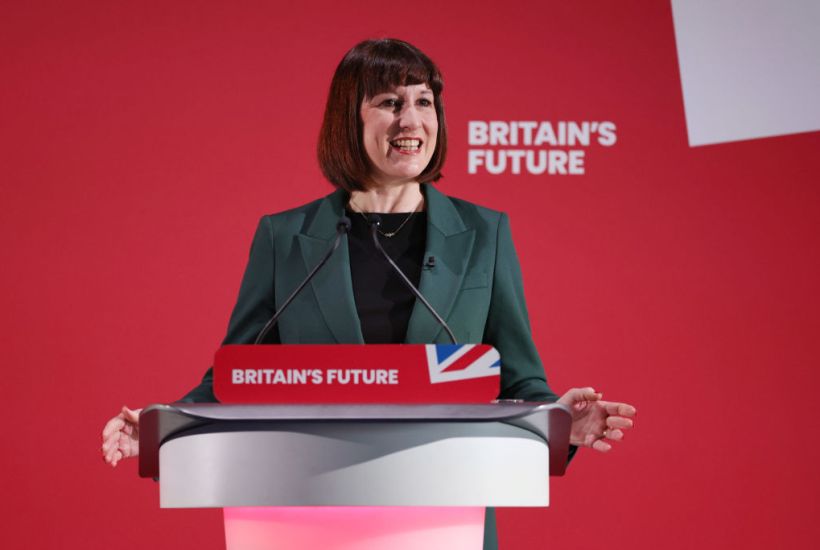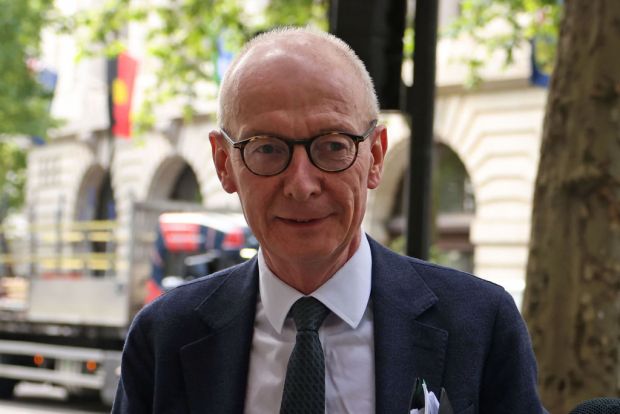Rachel Reeves has given her much-anticipated speech about what she’d do as the first female chancellor in history. As briefed, her Mais lecture was a look at Labour’s ‘securonomics’ economic policy, with promises to beef up the Treasury, as well as analysis of Nigel Lawson’s 1984 Mais lecture, and an insistence that ‘I don’t want to make this a party political speech any more than you want me to’.
Already a subscriber? Log in
Subscribe for just $2 a week
Try a month of The Spectator Australia absolutely free and without commitment. Not only that but – if you choose to continue – you’ll pay just $2 a week for your first year.
- Unlimited access to spectator.com.au and app
- The weekly edition on the Spectator Australia app
- Spectator podcasts and newsletters
- Full access to spectator.co.uk
Or





















Comments
Don't miss out
Join the conversation with other Spectator Australia readers. Subscribe to leave a comment.
SUBSCRIBEAlready a subscriber? Log in